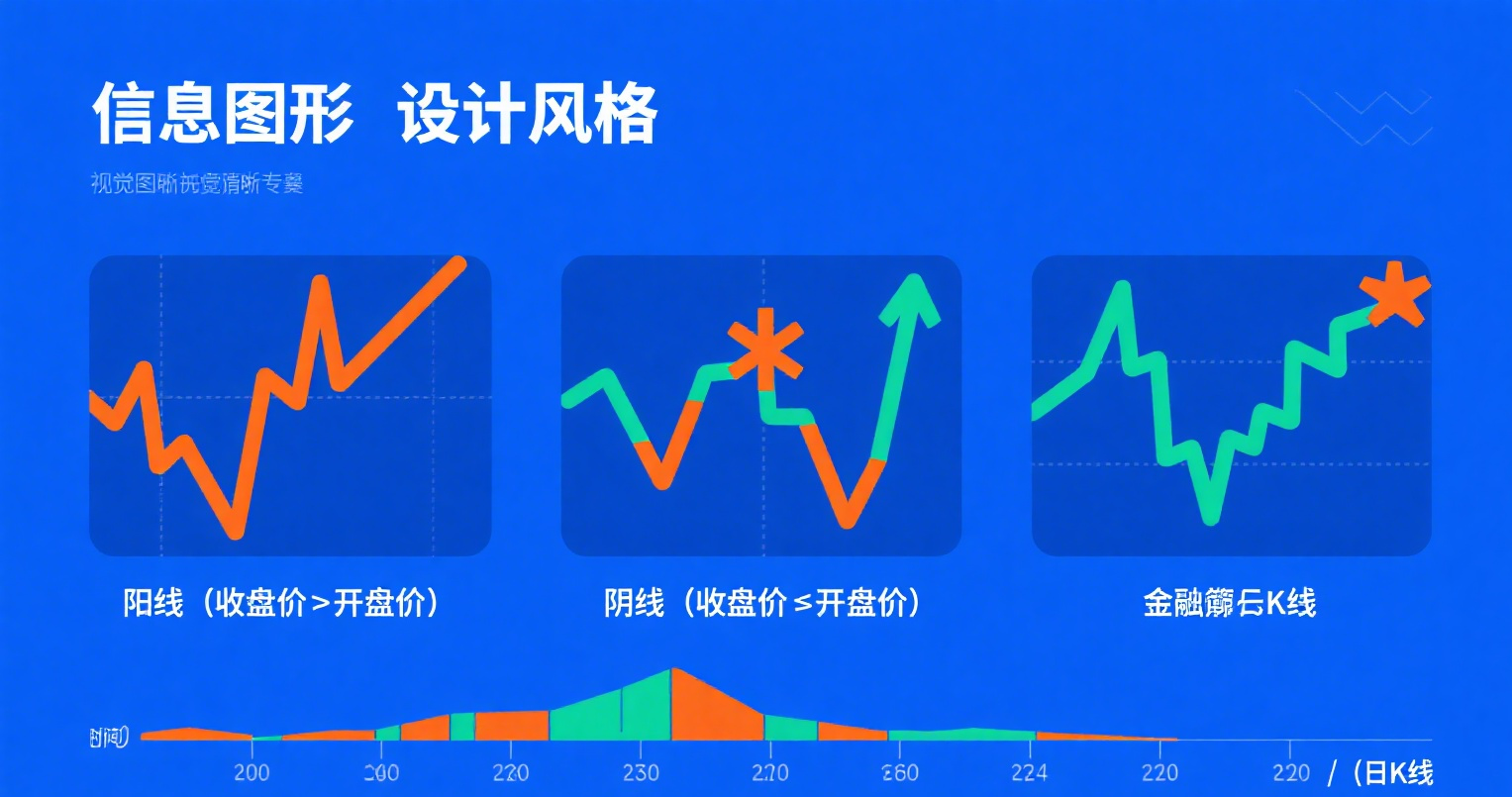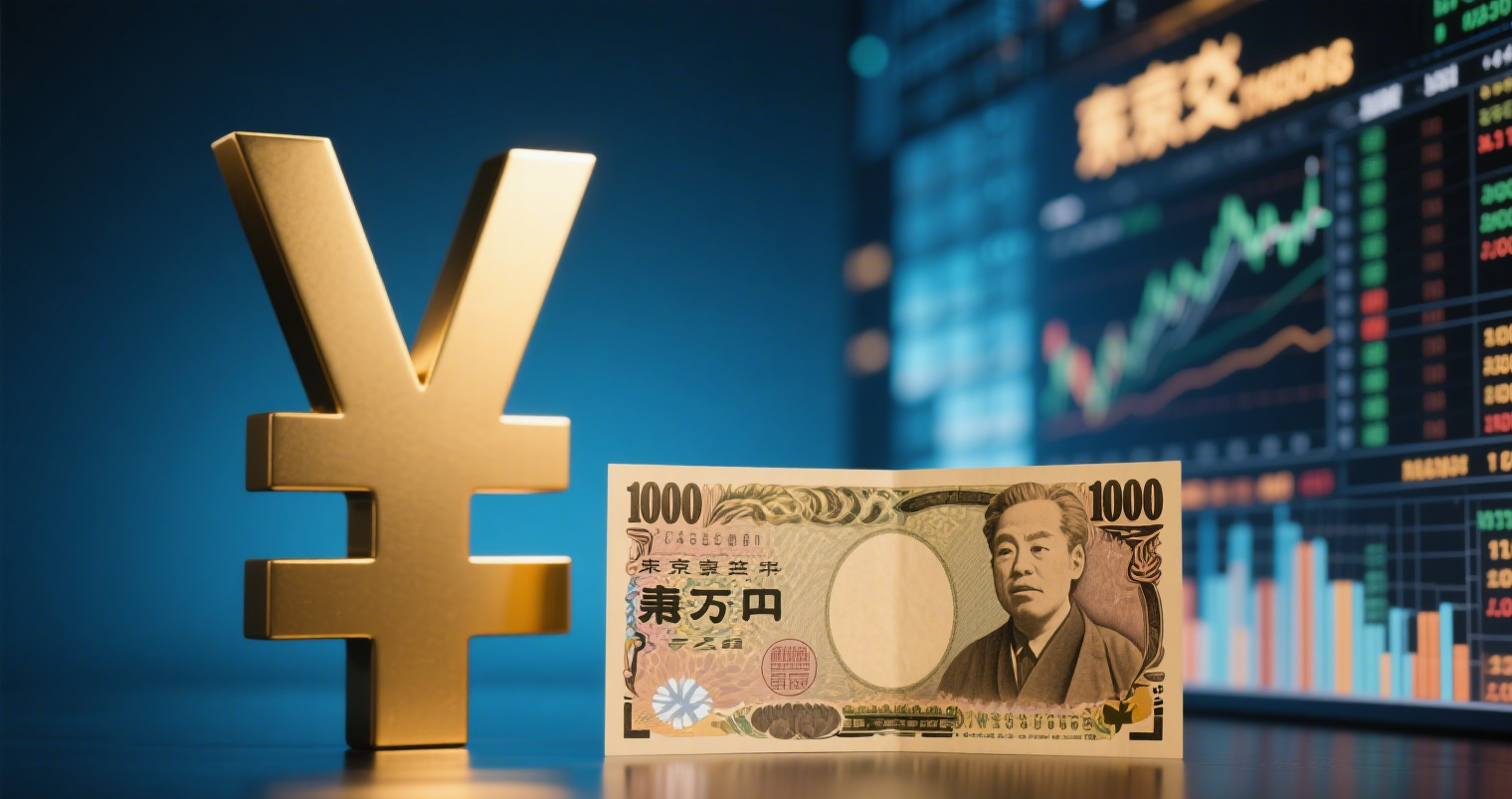
The Root of Fraud in the Stock Market
Executives who view their company’s stock as mere chips cannot possibly run the business well, as their only concern is how to cash out quickly. The fate of the company after their exit is irrelevant to them. Thus, these individuals resort to fraud, hype, or even directly manipulating stock prices to pump and dump, ultimately profiting at the expense of retail investors.
These people have studied past securities laws and know that if caught for fraud, they only face a fine of 500,000 yuan—barely a slap on the wrist. With such lenient penalties, why bother running a real business? Instead, they draw a circle, manipulate earnings reports, or even fabricate performance to prop up stock prices before cashing out. Whether viewed from the motive or the weak punitive consequences, executives—especially those who are also major shareholders—have a strong incentive to commit fraud to maintain stock prices and exit profitably.
However, due to capital market regulations and post-audit reviews by certified public accountants (CPAs), blatant fraud is difficult to conceal unless there is collusion. And the consequences of collusion are severe. In the Enron scandal, Arthur Andersen’s involvement in the fraud led to the firm’s complete shutdown. Thus, such collusion remains rare in global capital markets due to its catastrophic repercussions.
So, how can companies evade the scrutiny of CPAs? The answer lies in industries where verifying products is inherently difficult, making it easier to bypass strict audits. For example, aquaculture companies face immense challenges in auditing and inventory checks. Firms like Zhangzidao deceived auditors and investors for years, maintaining a staggering record of fraud. The key reason was their claim of "bottom-sown scallops," which supposedly grew naturally over years, allowing inventory to inflate indefinitely. Revenue could then be fabricated through accrual accounting by recording receivables, creating illusory profits to sustain stock prices. Even more egregious was Lantian Co., which exploited the difficulty of auditing aquatic products to breeze through external audits with inflated claims.
Another case is Kangmei Pharmaceutical, once hailed as a blue-chip stock in traditional Chinese medicine, with a long bull run. It was later exposed as a years-long fraud. The deception relied on the supposed medicinal herbs growing in fields—something no CPA ever truly verified. The founder leveraged political and business connections to build prestige and trust, only to reveal in 2018 that the company had manipulated earnings since 2008, culminating in a shocking "accounting error" of 30 billion yuan.
These cases exemplify the parasites of capital markets. If left unchecked, fraudulent companies will proliferate, investor interests will go unprotected, and the market will be flooded with worthless stocks. Investors, forced to flee, will abandon the market, leaving it with only one inevitable outcome: collapse.















